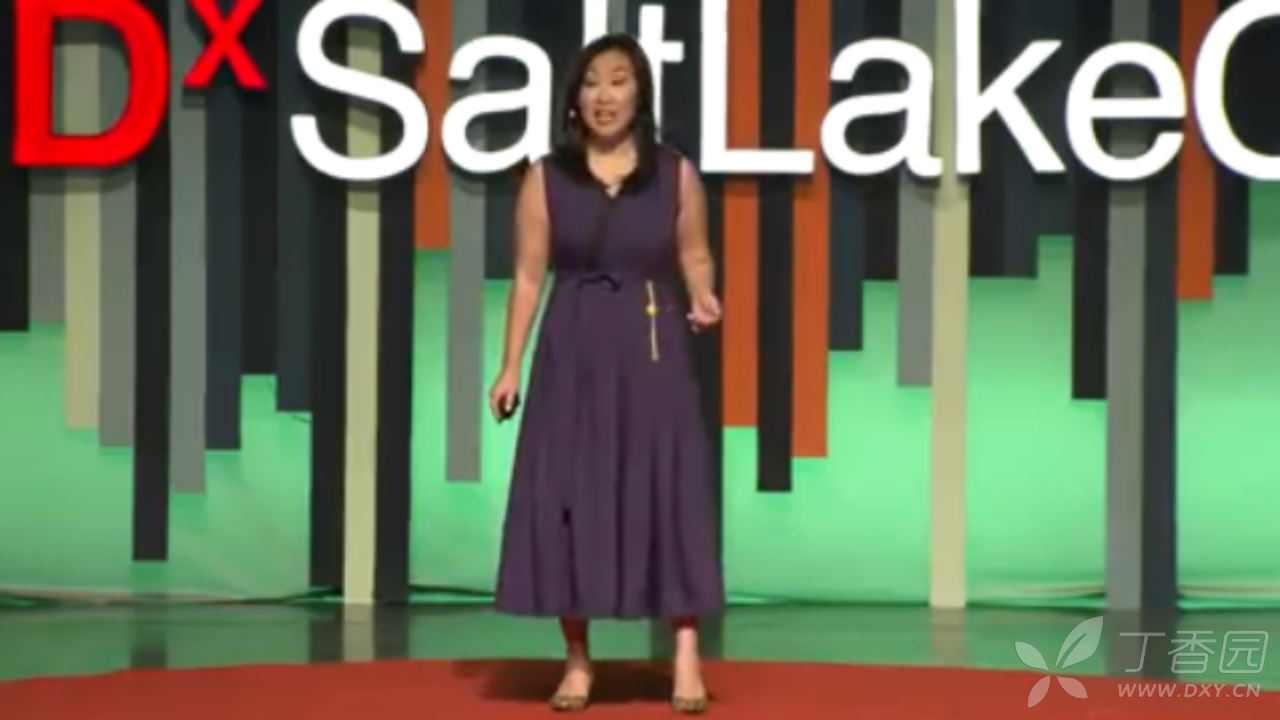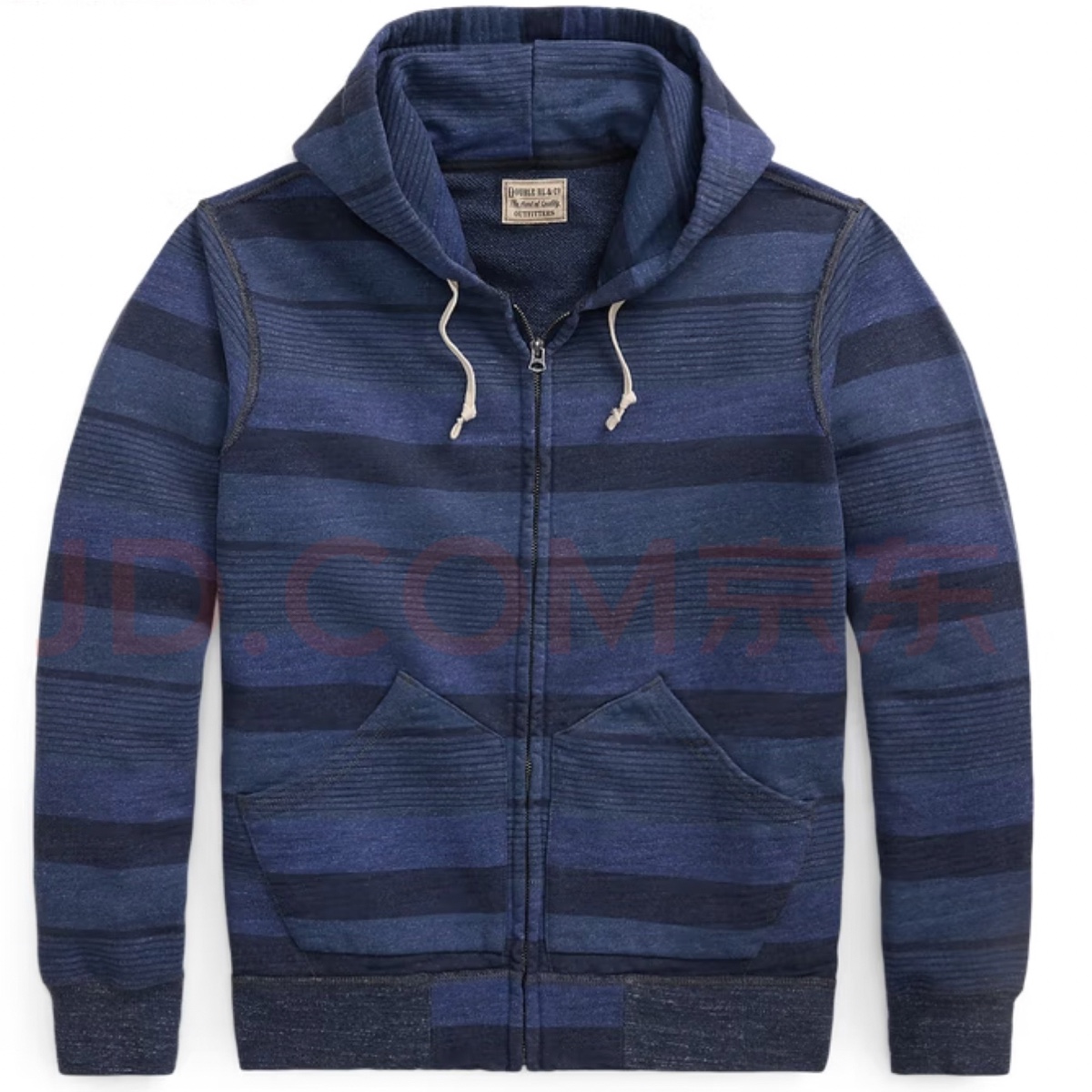TED: 我作为异族收养者的爱与失的故事


When I was three years old, I was transracially adopted from South Korea by a white family in Salt Lake City, Utah.
当我三岁的时候,我是在犹他州盐湖城被一个白人家庭从韩国##的。
I arrived in America with a mysterious tattoo on my left forearm.
我来到美国时左前臂上有一个神秘的纹身。
The tattoo was so large and noticeable that my adoptive parents had it surgically removed right away.
纹身是如此大和明显,我的养父母有它手术删除马上。
They were worried that other kids would make fun of it.
他们担心其他##会取笑它。
Today, there's only a light scar where the tattoo once was, so I've redrawn it in permanent marker so you can see what it looked like.
今天,纹身曾经只有一个光疤痕,所以我在永久标记中重新绘制了它,所以你可以看到它看 起来像什么。
Korean adoption records in 1976 were notoriously incomplete.
1976年韩国的##记录是出了名的不完整。
I didn't have any information about my background or my birth family.
我没有任何关于我的背景或我的出生家庭的信息。
I didn't even know if my name or birth date were real or if they were assigned. 我甚至不知道我的名字或出生日期是否真实,或者他们是否被分配。
And no one knew what my tattoo meant.
没人知道我的纹身是什么意思。
Transracial adoption is where a child from one race or ethnicity is adopted by parents from a different race or ethnicity.
跨种族##是一个种族或族裔的儿童被不同种族或族裔的父母##的地方。
In my generation, children who were adopted from Korea were assimilated into the culture of their adoptive parents.
在我这一代人中,从韩国##的儿童被同化为养父母的文化。
So I was raised as if I were white.
所以我长大,好像我是白人。
Growing up, occasionally my family would eat at a Korean restaurant, or we'd go to the Asian festival.
长大后,偶尔我的家人会在韩国餐馆吃饭,或者我们去参加亚洲音乐节。
But I did not identify with being Asian.
但我并不认同自己是亚洲人。
Looking back now, having my tattoo removed is symbolic of losing a connection with my Korean ethnicity and culture.
现在回想一下,去除我的纹身象征着失去与我的韩国民族和文化的联系。
And I am not alone.
我并不孤单。
Since the 1950s, almost 200,000 Korean children have been adopted all over the world.
自20世纪50年代以来,全世界已有近20万朝鲜儿童被##。
A growing body of research shows that children experience trauma when the/re separated from their families of origin.
越来越多的研究表明,儿童与原籍家庭分离时,会遭受创伤。
My story includes such childhood trauma.
我的故事包括这样的童年创伤。
I recently found out that my birth mother left my family shortly after I was born. 我最近发现我的生母在我出生后不久就离开了我的家庭。
When I was two years old, my birth father became injured and could not provide for my brothers and me.
当我两岁的时候,我的亲生父亲受伤了,无法供养我的兄弟和我。
And so my two older brothers and I were sent to children welfare services.
所以我和我的两个哥哥被送到儿童福利服务机构。
And there, someone decided, because I was younger, that I was more adoptable. 在那里,有人决定,因为我年轻,我更容易被##。
And so, I was sent to a separate orphanage, separated from my brothers who cared for me.
所以我被送到了一个单独的孤儿院,与我的兄弟谁照顾我分开。
My adoption records say that I wouldn't play with any of the other children at the orphanage, and now I know why.
我的##记录说我不会和孤儿院里的其他##玩,现在我知道为什么了。
My adoption photos show the picture of a frightened, malnourished little girl.
我的##照片显示了一个受惊吓的营养不良小女孩的照片。
Just imagine my culture shock a short and lonely nine months later, as I arrived in America, where everything was different: the people, the buildings, the food and the clothing.
想象一下,九个月后,我的文化受到短暂而孤独的冲击,当我到达美国时,那里一切都不 同:人、建筑物、食物和衣服。
As a three-year-old child, I quickly figured out that no one spoke the Korean language that I spoke, and so I stopped speaking altogether for six months.
作为一个三岁的##,我很快发现,没有人说我讲的韩语,所以我完全停止说话六个月。
And when I started speaking again, it was in full English.
当我再次开始说话时,它是在全英文。
One of the first phrases I said as my parents showed me my orphanage photos was,"Sara sad." Children who are adopted often put up emotional walls to protect themselves from being hurt again.
当我的父母给我看我的孤儿院照片时,我说的第一句话是"莎拉伤心'”'被##的##经常筑起 情感墙,保护自己免受再次伤害。
I certainly did this, and like many transracially adopted children, there were many moments growing up where I wished that I was white like the other kids around me.
我当然这样做,像许多跨种族##的##,有很多时刻长大,我希望我是白色的,像我周围 的其他##。
Other kids made fun of my eyes and nose.
其他的##取笑我的眼睛和鼻子。
Now, the '80s styles were particularly brutal to me, with glasses that didn't fit well, hairstyles - (Laughter) that looked ridiculous on me.
现在,80年代的款式对我来说特别残酷,眼镜不适合,发型-(笑声),在我看来荒谬。
(Laughter) This narrative of adoption might be uncomfortable for you to hear. (笑声)这种关于##的叙述可能会让你不舒服。
The narrative that we usually hear is that of a new parent, who is eagerly awaiting a child that theyVe been wanting for so long.
我们通常听到的是新父母的叙述,急切地等待着一个他们渴望了这么久的##。
The parents, story is told with love, joy and excitement, and as they bring a newly adopted child into their home, family and friends celebrate and congratulate the parents on their wonderful decision to adopt.
父母的故事用爱、喜悦和兴奋来讲述,当他们把一个新##的##带到他们的家里时,家人 和朋友庆祝和祝贺父母们做出##的绝妙决定。
My parents1 adoption story was like a beautiful blanket that kept me warm.
我父母的##故事就像一条漂亮的毯子,让我温暖。
But after a while, it felt like the focus was more on the blanket, covering me and my point of view entirely.
但过了一会儿,感觉好像焦点更集中在毯子上,完全覆盖我和我的观点。
I couldn't emotionally breathe.
我无法在情感上呼吸。
My parents would say things to me like, "I fell in love with you the first time I saw your photo."My heart broke.
我的父母会对我说一些像,"我第一次看到你的照片就爱上了你。我的心碎了。
They love me, I know that, and I was wanted.
他们爱我,我知道,我被想要。
But I wish that the only birth story I had wasn't so sad, so humanitarian.
但我希望我唯一的出生故事不是那么悲伤,那么人道主义。
I would often confuse love with gratitude, especially when other people would say things to me like,'you're so lucky to be adopted to America,"or, Your parents are such angels to adopt you."To a child, it felt like these comments were constant reminders to be grateful to my parents' charity.
我常常把爱和感激混为一谈,特别是当别人对我说"你很幸运被##到美国”之类的话时,”你 的父母就是这样的天使##你。对一个##,感觉这些评论是不断提醒我感谢我父母的慈善。
I resented that I couldn't tell these adults, "I don't like being reminded all the time that I'm adopted.
我恨我不能告诉这些成年人,”我不喜欢被提醒所有的时间,我被##。
I just want to be a normal kid, and maybe even be ungrateful once in a while." (Laughter) But I learned to smile without really smiling, and as I grew older, I wanted to be able to say,"Sara is still sad."But I buried my feelings, and it wasn't until later in life that I realized I'd never really grieved my own adoption.
我只想成为一个正常的##,甚至偶尔忘恩负义。(笑声)但我学会了微笑,没有真正的微 笑,随着年龄的增长,我想能够说,〃莎拉仍然很伤心。但我埋了我的感情,直到晚年,我 才意识到我从未真正为自己的##感到悲伤。
While many of us understand that adopting a child from a different race, culture or country is never simple, we rarely acknowledge the complex emotions that children who are adopted can experience.
虽然我们中的许多人明白##一个来自不同种族的##,文化或国家从来不是简单的,我们 很少承认被##的##可以经历的复杂情绪。
Some children experience feelings of loss, feelings of rejection, grief, shame, guilt, challenges with identity, difficulty with intimacy and control issues.
有些##有失落感,拒绝的感觉,悲伤,羞愧,内疚,身份的挑战,难以与亲密和控制问 题。
Just ask my kids.
问问我的##。
(Laughter) Children who are adopted can still love their adoptive parents at the same time as experiencing these complex emotions.
(笑声)被##的##仍然可以在经历这些复杂的情感的同时,爱他们的养父母。
And many of us wonder: If we had had safe emotional spaces to own our own stories when we were younger, would we still be struggling to come to terms with adoption as adults?
我们中的许多人想知道:如果我们年轻时有安全的情感空间来讲述自己的故事,那么作为成 年人,我们还会努力接受##吗?
Where do we find the emotional oxygen to own our own stories?
我们在哪里可以找到拥有自己故事的情感氧气?
Since the late 1990s and early 2000s, researchers like Dr. Richard Lee have focused on different parenting techniques for transracial adoption.
从20世纪90年代末到21世纪初,像理查德•李博士这样的研究人员专注于不同跨种族##的 育儿技术。
The hope is to help children and their adoptive parents better adapt to their unique racial and ethnic circumstances.
希望帮助儿童及其养父母更好地适应他们独特的种族和族裔环境。
There's more inculturation encouraged, that exposes children to the people, places, languages and culture of their birth families.
有更多的培养鼓励,使儿童暴露的人,地方,他们的出生家庭的语言和文化。
Some parents focus on racial inculcation to specifically work with their children on the racism and discrimination that they will experience outside of the home. 一些家长注重种族灌输,专门与子女一起解决他们在家庭之外将经历的种族主义和歧视问 题。
And some parents allow children to choose as they get older the level of exposure to the culture of their birth families.
一些父母允许##随着年龄的增长选择接触出生家庭文化的程度。
Now, we might look at these signs of progress and think we've got it all figured out when it comes to transracial adoption.
现在,我们可能会看看这些进步的迹象,并认为我们己经搞清楚了,当涉及到跨种族##。
The Korean adoptees were the first massive wave of international adoptions, almost 30 years earlier than most other countries, and so there are entire generations of Korean adoptees -- from children all the way to adults in their 70s -dealing with the impact of their assimilation, and there have only been a handful of studies that follow transracial adoptees over a lifetime.
韩国##人是第一波国际##浪潮,比大多数其他国家早近30年,因此,有整整一代的韩国 ##人-从儿童到70岁的成年人-处理他们的同化的影响,并且只有少数研究跟踪跨种族的被 ##者一生。
I know that people around me could not understand my adoption grief. 我知道我周围的人无法理解我的##悲伤。
Rachel Rostad, another Korean adoptee, expressed what I was feeling when she said, "Loss is especially confusing to measure when it appears as if I haven't lost anything at all.
另一位韩国##人雷切尔•罗斯塔德表达了我说的话,,,当看起来好像我没有失去任何东西 时,损失尤其令人困惑。
It's not missing like an organ. 它不像器官一样缺失。
It's missing like wherever dreams go when you blink awake into the morning light." Every year, hundreds of South Korean adoptees search for their birth families.
当你醒来时,它就像梦到哪里一样消失在晨光中"每年,数以百计的韩国##人寻找他们的 出生家庭。
Korean agencies report that less than 15 percent are successful.
韩国机构报告说,只有不到15%的人成功。
Last year, I found my Korean birth family in just three months.
去年,我在短短三个月内就找到了我的韩国出生家庭。
I posted a photo of my redrawn tattoo on social media, which Korean groups generously shared.
我在社交媒体上贴了一张我重绘纹身的照片,韩国团体慷慨分享。
And a friend of my brother saw the photo, and he knew instantly what the tattoo meant.
我哥哥的一个朋友看到了这张照片,他立刻知道纹身是什么意思。
When my father decided to send us to children welfare services, he was worried that we would be separated and even adopted into foreign countries.
当我父亲决定送我们去儿童福利服务时,他担心我们会被分开,甚至被领进外国。
And so he took the unusual step to place a large tattoo on each of our arms and on his own, so that we could find each other someday.
于是,他釆取了不同寻常的步骤,在我们的每一个手臂上和身上都放置了一个大纹身,这样 我们总有一天能找到对方。
And he tried searching for me.
他试着找我。
And he was right: the tattoo did eventually lead me to find the family that I had lost.
他是对的:纹身最终让我找到了我失去的家庭。
Unfortunately, he passed away nine years before he could see his children reunited.
不幸的是,他去世了九年才看到他的##们团聚。
But last year, I traveled to Korea to meet my two older brothers, my aunt and uncle, and I learned a lot of new things about myself, including my real birth date, which actually makes me seven months older.
但去年,我到韩国去见我的两个哥哥,我的姑姑和叔叔,我学到了很多关于我自己的新东 西,包括我真正的出生日期,这实际上让我大七个月了。
(Laughter) This middle-aged woman did not love hearing that she is older.
(笑声)这位中年妇女不喜欢听到她年纪大了。
(Laughter) And that explains all those gifted and talented classes I had in school.
(笑声)这也解释了我在学校的所有天才和天才课程。
(Laughter) But the most important thing that I learned was that I had a loving family in Korea who remembered me as a little baby and had never forgotten me.
(笑声)但我学到的最重要的事情是,我在韩国有一个充满爱心的家庭,他们记得我小时 候,从未忘记过我。
I wasn't abandoned, like my adoption records said.
我没有被放弃,就像我的##记录说的。
I was wanted.
我被通缉了。
It's time to reframe our views on adoption.
是时候重新界定我们对##的看法了。
A healthy adoption ecosystem is one in which children, adoptive families and birth families each own their unique stories.
健康的##生态系统是儿童,##家庭和出生家庭各自拥有自己独特的故事。
When these narratives are placed side by side, it creates better empathy and policies for the lives that adoption impacts.
当这些叙述并排放置时,它为##影响的生活创造了更好的同情和政策。
Here are two things that adults can do to better protect adopted children's stories. 以下是成年人可以做的两件事,以更好地保护被##的儿童的故事。
First, give children safe emotional spaces to express their emotions, both positive and negative.
首先,给##安全的情感空间来表达他们的情感,无论是积极的还是消极的。Phrases such as "tell me more," "what do you wish for" and "those feelings are normal" are ways that parents can grant emotional oxygen to their children. 诸如〃告诉我更多"之类的短语"〃你想要什么〃和〃那些感觉是正常的〃是父母给##情绪氧气的 方式。
Second, validate a child's adoption story.
其次,验证##的##故事。
Children may express emotions that may feel hurtful or worry an adoptive parent.
##可能会表达可能感到伤害或担心养父母的情绪。
As a parent, work to hold and manage your fears separately from your child. 作为父母,努力控制和管理你的恐惧与你的##分开。
Always acknowledge your child's story as valid and important.
始终承认你的##的故事是有效和重要的。
Now, it's natural to want to protect children from experiencing pain.
现在,很自然地想保护儿童免受痛苦。
But my tattoo is a poignant reminder that every adoption starts with loss, and every child is affected differently.
但我的纹身是一个令人痛心的提醒,每次##都从失落开始,每个##都受到不同的影响。
Children who are adopted can live full, rich lives, as we accept and build upon this unique set of cards that we were dealt.
被##的##可以过上充实而丰富的生活,因为我们接受并建立这组独特的卡,我们被处 理。
And as you listen to our narratives with empathy, you will hear other things as well: childlike curiosity, grace, resilience, courage, love and yes, even gratitude. 当你同情地聆听我们的叙述时,你也会听到其他的东西:##般的好奇心,优雅,韧性,勇 气,爱,是的,甚至感激。
Thank you.
谢谢。
(Applause)
https://dict.eudic.net/webting/videoplay/cfbee628-a1d2-11ea-be73-b5d4044f83d1
最后编辑于 2022-10-09 · 浏览 3515
















































